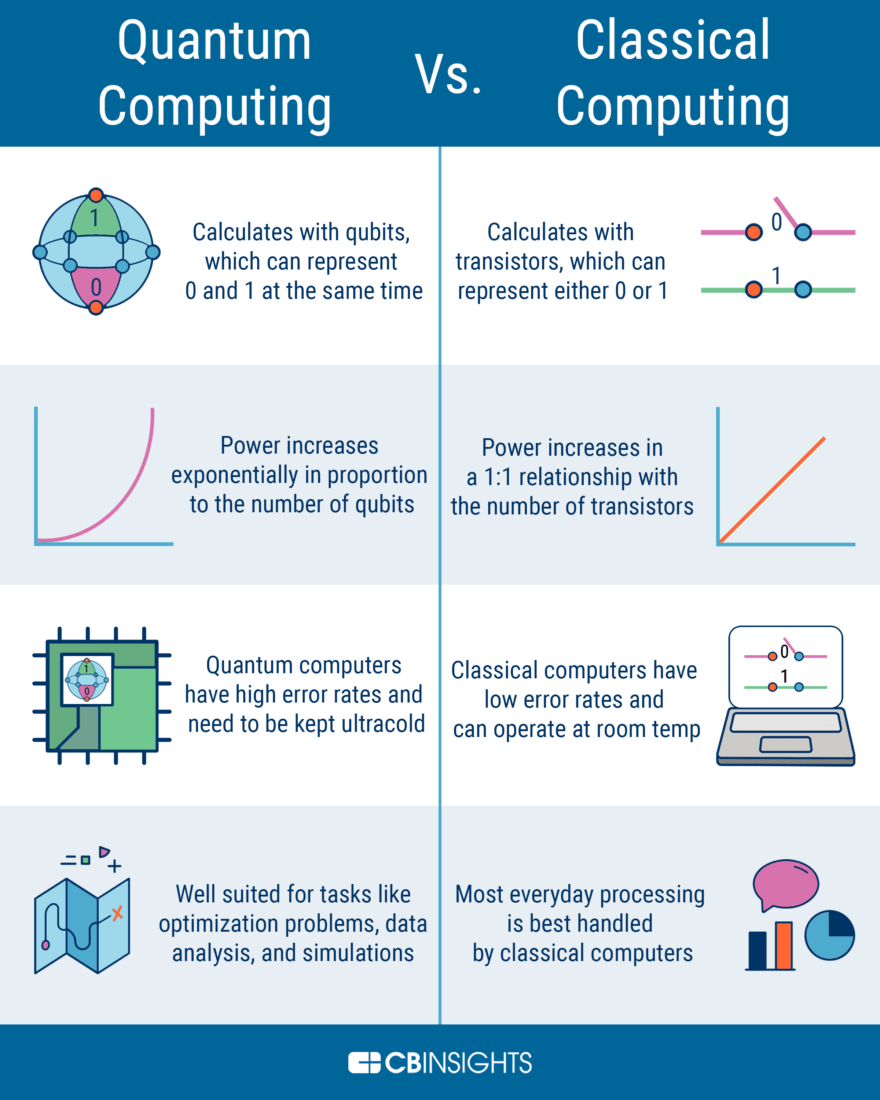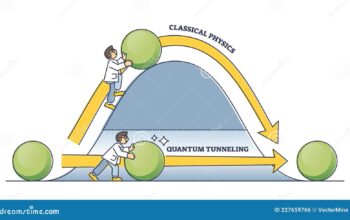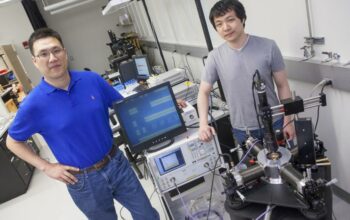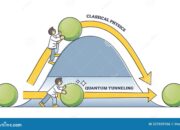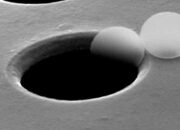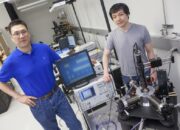Quantum computing represents a paradigm shift in the computational landscape, transcending the limitations of classical computing through the principles of quantum mechanics. This nascent field promises to revolutionize various domains, including cryptography, optimization, machine learning, and pharmaceuticals. This article delineates the fundamental principles of quantum computing, elucidates its specialties, and explores its potential implications.
At its core, quantum computing harnesses the peculiarities of quantum bits, or qubits, which act as the fundamental units of information. Unlike classical bits that can exist in binary states of 0 or 1, qubits can exist simultaneously in multiple states due to the phenomenon known as superposition. This unique characteristic enables quantum computers to process an exponential amount of data relative to their classical counterparts.
Another essential feature of quantum mechanics is entanglement, wherein pairs of qubits become interdependent regardless of the distance separating them. A change in the state of one qubit instantaneously affects its entangled partner, facilitating complex correlations that classical systems cannot replicate. This phenomenon underpins several quantum algorithms, allowing for unprecedented computational efficiencies.
Quantum computing can be classified into several types based on its architecture and operational principles. The most prevalent varieties include:
- Gate-Based Quantum Computers: These systems utilize quantum gates to manipulate qubits through operations akin to classical logical gates. They execute algorithms by applying a series of quantum gates in precise sequences. Prominent examples include the IBM Q and Google’s Sycamore.
- Quantum Annealers: Designed for optimization problems, quantum annealers leverage quantum tunneling to find the lowest energy state of a system. They do not require full-fledged universal quantum gates, making them suitable for specific use cases. D-Wave Systems is notable for its development of this technology.
- Topological Quantum Computers: These theoretical constructs aim to use anyonic statistics to achieve error resistance through braiding of qubits. They promise significant resilience against decoherence, a major challenge in quantum systems.
Among the most compelling aspects of quantum computing is its potential to solve problems deemed intractable by classical computers. For instance, quantum algorithms such as Shor’s algorithm can factorize large integers exponentially faster than the best-known classical algorithms, posing significant implications for cryptography. As prime factorization underpins the security of many encryption schemes, this capability raises profound questions regarding data security in the quantum era.
Moreover, quantum computing excels in optimization tasks, particularly in systems characterized by enormous datasets and complex variables. Quantum approximate optimization algorithms (QAOA) are particularly effective in addressing combinatorial problems such as the traveling salesman problem or logistic network optimization. This efficiency can significantly enhance operations across various industrial sectors, including transportation, finance, and supply chain management.
Machine learning, too, stands to gain from quantum technologies. Quantum machine learning algorithms can analyze vast datasets with remarkable efficiency, potentially surpassing classical algorithms’ accuracy and speed. They can enable faster training of models and more sophisticated data interpretation. The integration of quantum computing with neural networks and deep learning techniques heralds a new era of artificial intelligence.
In the realm of pharmaceuticals and material science, quantum computing facilitates the simulation of molecular structures and quantum states that classical computers cannot efficiently model. The ability to predict molecular interactions and properties permits accelerated drug discovery and optimized material design, streamlining research and innovation processes.
Despite its transformative potential, the field of quantum computing is not without challenges. The delicate nature of qubits makes them susceptible to decoherence, which can lead to erroneous computations. Error correction protocols are therefore essential to enhance the reliability of quantum operations. Quantum error correction schemes, although theoretically proven, require significant advancements in qubit technology and operational fidelity.
Additionally, the scalability of quantum computers remains a critical hurdle. Manufacturing qubit systems that possess consistent performance while maintaining coherence over extended periods is pivotal for practical applications. Ongoing research in quantum hardware, algorithms, and materials is crucial in surmounting these obstacles, paving the way for practical quantum computing solutions.
Quantum computing is on the cusp of transitioning from theoretical exploration to practical application. Governments and academic institutions worldwide are investing heavily in research and development, highlighting its critical role in future technological infrastructure. Collaborations between industry leaders and academic researchers are vital in accelerating innovations and establishing quantum ecosystems.
In conclusion, quantum computing embodies a revolutionary shift in computational capabilities, promising solutions to complex problems across a plethora of fields. Through the unique properties of qubits, the intricacies of quantum mechanics unlock potentials unattainable by classical systems. While challenges remain in the areas of decoherence, error correction, and scalability, advancements continue to burgeon. As the field matures, quantum computing is poised to redefine the operational standards of computing, enriching scientific inquiry and technological progress in an astonishing array of disciplines.
